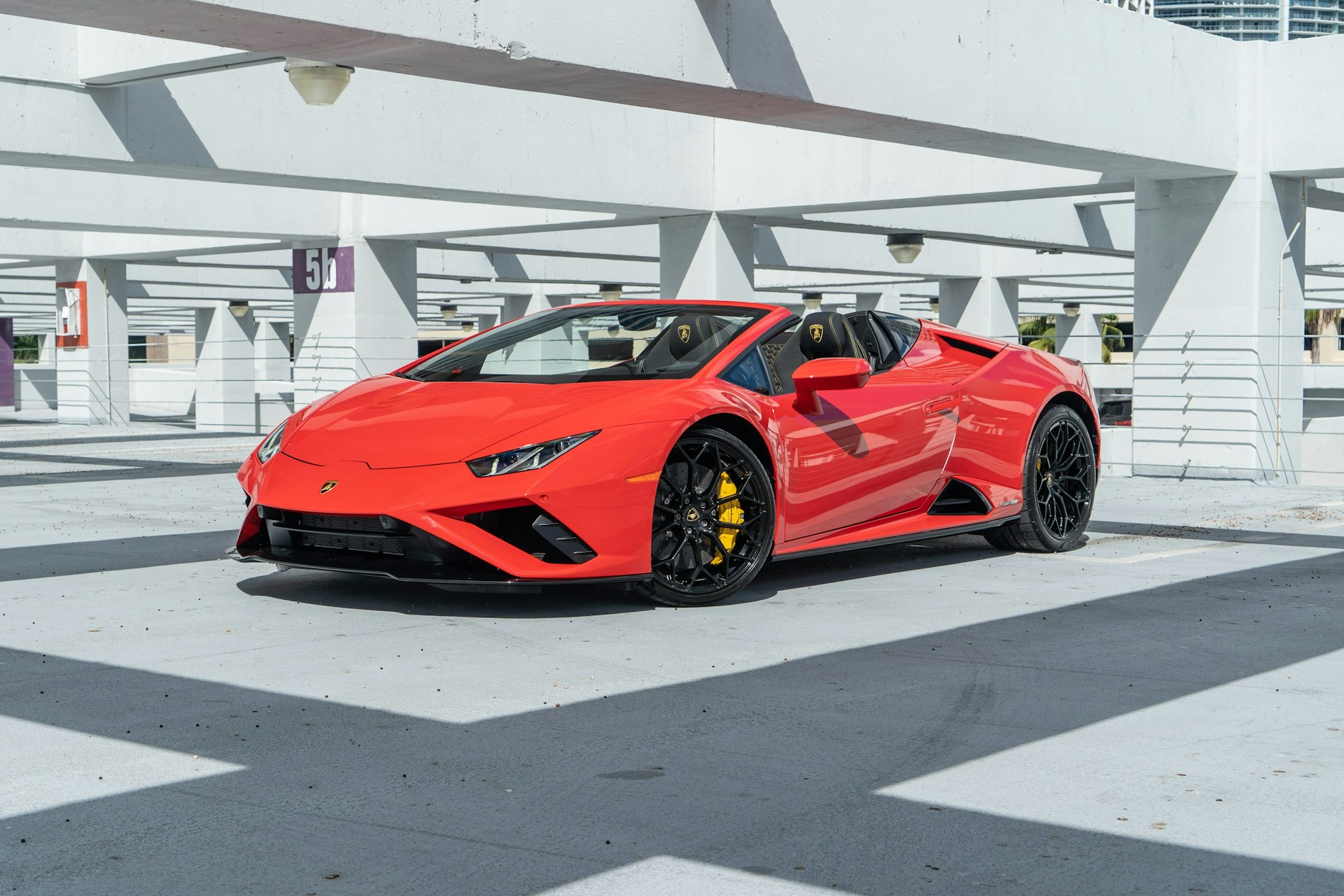How Business Leaders Use Exotic Cars to Build Their Image
It’s hard not to miss at high-end business events or outside exclusive restaurants – the gleaming Lamborghini, the pristine Ferrari, or that head-turning McLaren. These aren’t just transportation choices. They’re carefully calculated image investments that successful entrepreneurs and executives use to communicate status, success, and personal brand.
Contents
The Psychology Behind the Horsepower
There’s something primal about luxury exotic cars that goes beyond their engineering excellence. When you pull up in a $300,000 Porsche 911 Turbo S, you’re not just arriving – you’re making a statement. The sound of that engine tells everyone within a three-block radius that someone important has arrived.
Business leaders understand this psychological trigger. Your choice of vehicle becomes an extension of your personal brand, communicating wealth, taste, and success before you even step out of the driver’s seat. It’s instant credibility in a world where first impressions matter enormously.
The exclusivity factor plays a huge role, too. When only a few hundred people worldwide can afford that particular model, ownership becomes a membership card to an ultra-exclusive club. You’re not just buying a car – you’re buying access to a network of other high-net-worth individuals who share similar tastes and financial capabilities.
Building Credibility Through Chrome and Carbon Fiber
For many business leaders, exotic cars serve as social proof of their success. When you’re trying to close a million-dollar deal or attract high-level investors, showing up in a modest sedan might send the wrong message about your financial acumen. Your clients want to work with winners, and nothing says “I’m winning” quite like a freshly detailed Aston Martin.
This strategy works particularly well in certain industries:
- Real estate moguls use Bentleys to demonstrate their market success
- Tech entrepreneurs often gravitate toward Tesla’s high-end models
- Investment professionals frequently choose Porsches for their blend of performance and prestige
- Entertainment industry leaders lean toward flashier options like Lamborghinis or Ferraris
The car becomes a conversation starter, an icebreaker that opens doors to discussions about success, achievement, and shared interests in automotive excellence.
Does the Strategy Actually Work?
The short answer? It depends on your audience and industry. In some circles, conspicuous displays of wealth can backfire spectacularly. Show up to a nonprofit board meeting in a $400,000 supercar, and you might find yourself fielding uncomfortable questions about executive compensation rather than discussing strategic initiatives.
However, in industries where success is measured by financial returns – private equity, luxury real estate, high-end consulting – exotic cars can absolutely enhance your credibility. They signal that you understand value, appreciate quality, and most importantly, that you have the financial success to back up your professional claims.
The key is reading your audience correctly. Your Ferrari might impress potential investors, but it could alienate employees worried about job security or clients concerned about how their fees are being spent.
The Investment Perspective
Smart business leaders also view exotic cars as alternative investments. Unlike traditional luxury goods that depreciate rapidly, certain exotic cars hold their value remarkably well. Some rare models even appreciate significantly over time, making them both image builders and portfolio diversifiers.
You get to enjoy the prestige and performance while potentially building wealth – assuming you choose wisely and maintain the vehicle properly. It’s a unique asset class where you can literally drive your investment while it potentially grows in value.
Ultimately, exotic cars can be powerful image-building tools when used strategically, but they require careful consideration of your audience, industry, and personal brand objectives.



